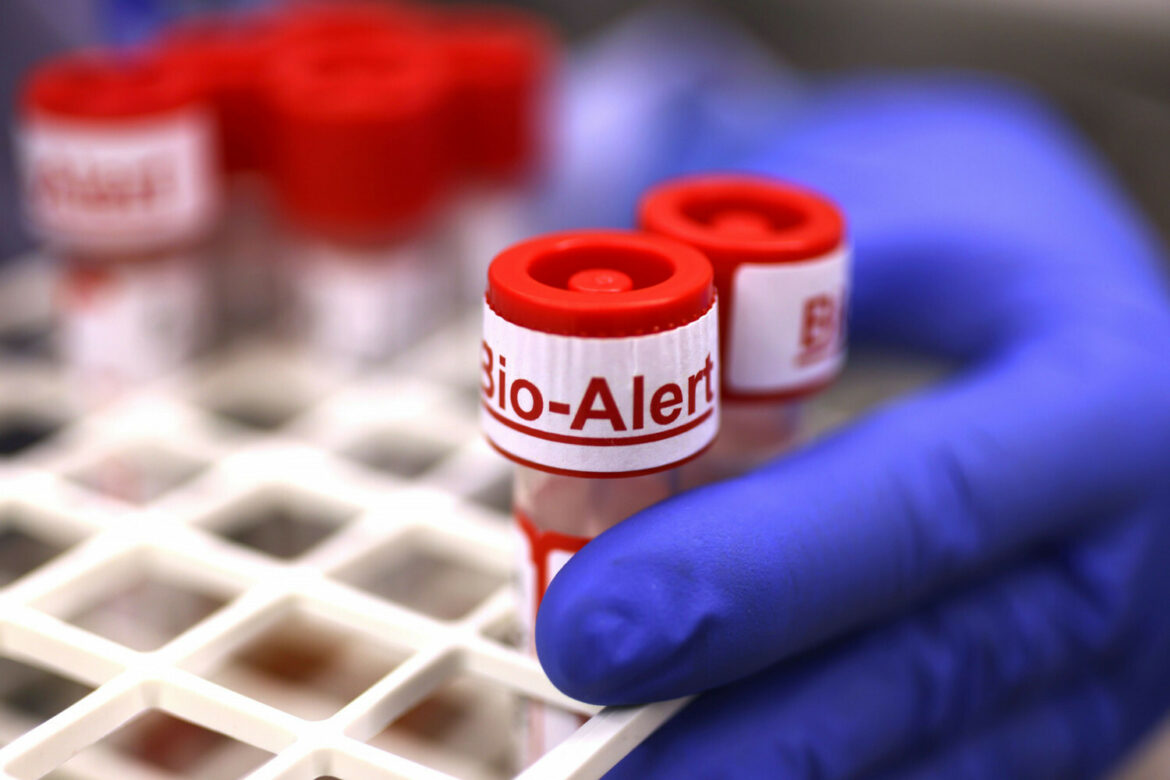Researchers at the Gdansk University of Technology (PG) are working on an innovative technology to detect SARS-CoV-2 and other influenza-type viruses in wastewater. With a simple and inexpensive solution, the safety of institutions such as schools, kindergartens or nursing homes can be significantly improved. The project received funding of almost PLN 800,000 under the Ministry of Education and Science’s “Science for Society” programme.
The analysis of wastewater has the potential for real-time monitoring of so-called social wellbeing. It is based on the assumption that substances and microorganisms that are excreted by the human body can be identified and analysed, and that their qualitative and quantitative changes are an extremely useful tool for the detection of social or infectious diseases.
Scientists led by Professor Małgorzata Szczerska from the PG Department of Electronics, Telecommunications and Informatics are researching the use of a biosensor to detect viruses or their elements as an ultra-fast diagnostic tool using telecommunications fibre optics.
“In a traditional test for the presence of a virus in wastewater, skilled personnel and complex laboratory equipment are needed. Samples are taken, taken to a specialised laboratory and there tested and assessed by specialists. This is a necessary, albeit costly and time-consuming solution”, explains Prof. Małgorzata Szczerska.
Meanwhile, the application of biosensors in fibre-optic networks makes it possible to monitor wastewater at all times, in real time. It is a cheaper and environmentally friendly solution, requiring no additional reagents, excessive energy consumption or expert labour.
The main idea and goal of the project is to develop an easy-to-use and cost-effective early warning system against the spread of coronavirus and other viruses.
Adrian Andrzejewski





